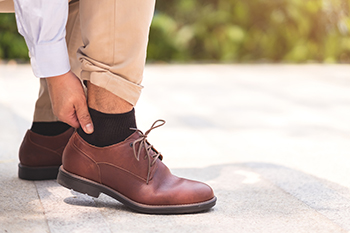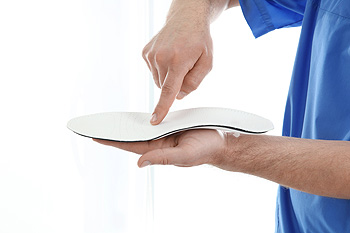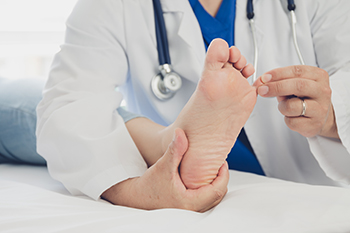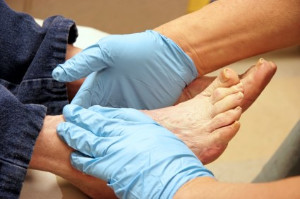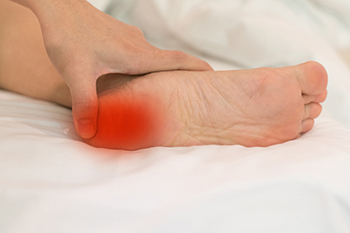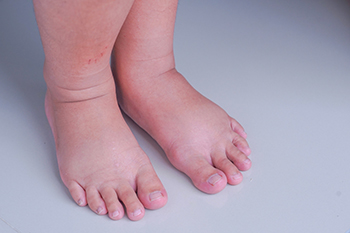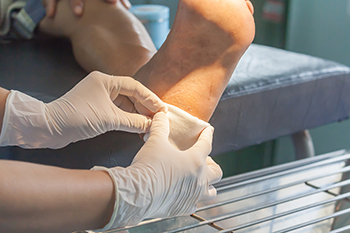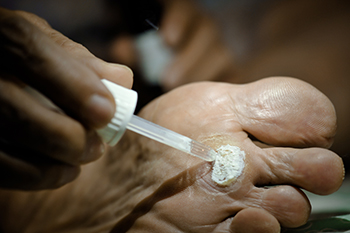
Plantar warts, painful growths that appear on the soles of the feet, can be an unwelcome annoyance. However, there are effective ways to treat and prevent this viral infection. To tackle existing plantar warts, salicylic acid prescribed by a podiatrist may gradually help to dissolve the wart tissue. For stubborn or painful warts, a podiatrist can recommend cryotherapy, laser therapy, or surgical removal. To prevent plantar warts, maintaining proper foot hygiene is essential. Keep your feet clean and dry, and avoid walking barefoot in public places to minimize exposure to infection. Wear shoes that fit well, and change your socks daily. If you have a cut or scrape on your foot, cover it with a bandage to prevent the virus from entering. Finally, boost your immune system through a healthy diet, exercise, and stress management, as a strong immune system can help ward off the human papilloma virus, or HPV, responsible for these warts. If you have developed a plantar wart, it is strongly suggested that you are under the care of a podiatrist who can provide appropriate relief treatments.
Plantar warts can be very uncomfortable. If you need your feet checked, contact Vincent, Vess from Fourth River Foot & Ankle. Our doctor will assist you with all of your foot and ankle needs.
About Plantar Warts
Plantar warts are the result of HPV, or human papillomavirus, getting into open wounds on the feet. They are mostly found on the heels or balls of the feet.
While plantar warts are generally harmless, those experiencing excessive pain or those suffering from diabetes or a compromised immune system require immediate medical care. Plantar warts are easily diagnosed, usually through scraping off a bit of rough skin or by getting a biopsy.
Symptoms
- Lesions on the bottom of your feet, usually rough and grainy
- Hard or thick callused spots
- Wart seeds, which are small clotted blood vessels that look like little black spots
- Pain, discomfort, or tenderness of your feet when walking or standing
Treatment
- Freezing
- Electric tool removal
- Laser Treatment
- Topical Creams (prescription only)
- Over-the-counter medications
To help prevent developing plantar warts, avoid walking barefoot over abrasive surfaces that can cause cuts or wounds for HPV to get into. Avoiding direct contact with other warts, as well as not picking or rubbing existing warts, can help prevent the further spread of plantar warts. However, if you think you have developed plantar warts, speak to your podiatrist. He or she can diagnose the warts on your feet and recommend the appropriate treatment options.
If you have any questions please feel free to contact our offices located in Pittsburgh, White Oak, and McKeesport,PA . We offer the newest diagnostic and treatment technologies for all your foot and ankle needs.
